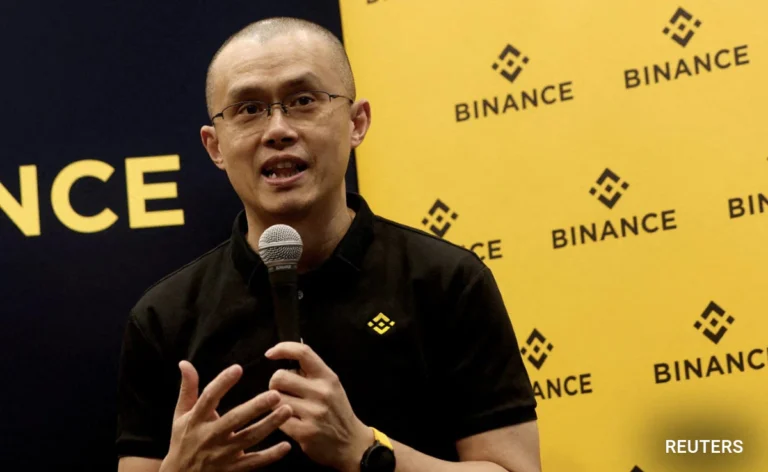Trump Demanded Swift Tariff Talks With South Korea, India, Japan: Han Duck-Soo

Seoul, South Korea | April 15, 2025
Acting South Korean President Han Duck-Soo has confirmed that former U.S. President Donald Trump personally ordered the immediate start of tariff negotiations with South Korea, India, and Japan during his time in office.
Speaking at a policy forum in Seoul, Han disclosed that the Trump administration issued direct instructions for rapid bilateral trade talks with key Asian allies. The move was part of Trump’s broader push to restructure global trade relations and reduce the U.S. trade deficit.
“President Trump was clear. He wanted fast, firm action on tariffs with South Korea, India, and Japan,” Han stated. “These were not suggestions — they were presidential orders.”
Han, who was involved in key diplomatic roles during Trump’s presidency, said the U.S. viewed certain trade agreements as favoring foreign partners and sought immediate revisions to secure more favorable terms for American industries.
During Trump’s tenure, several tariff disputes and trade renegotiations reshaped long-standing agreements, including a revised KORUS (Korea-U.S.) trade pact. His administration also took a strong stance against perceived unfair trade practices across Asia, often threatening tariffs to pressure negotiations.
Han’s remarks have reignited discussions about the legacy of Trump’s trade strategy in the Indo-Pacific region, especially as current governments reassess trade frameworks in the wake of global economic shifts.
Trump’s push for swift tariff negotiations with key Asian allies wasn’t just a policy move—it reflected a deeper shift in how the U.S. viewed its traditional economic relationships. For countries like South Korea, India, and Japan, these demands felt like ultimatums, forcing them to recalibrate long-standing trade assumptions. As reported by the Carnegie Endowment for International Peace, these tensions led to a more fragmented and uncertain trade environment across Asia. Additionally, a Council on Foreign Relations analysis highlighted how Trump’s approach signaled a shift away from multilateralism toward deal-making rooted in leverage and speed—something that continues to shape the region’s approach to U.S. diplomacy even today.





